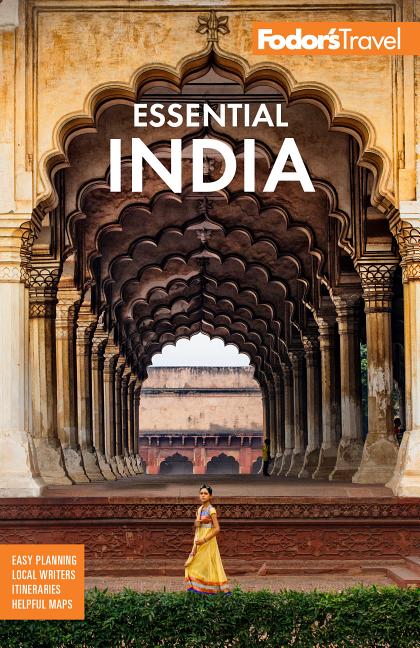Goa's Past
Goa's coastal location has made it an influential trading post for many centuries. Hindu merchants flourished for centuries, trading spices, silk, pearls, horses, and ideas with Arab, East African, and Mediterranean cultures. Control of the region shifted between the Bahmani Sultanate of the Deccan Plateau and the Vijayanagar Empire in Hampi, to the east. Goa's fortunes were profoundly altered by the arrival in 1510 of Affonso de Albuquerque, a Portuguese explorer and naval officer who wrestled the tiny realm from the hands of the Sultan of Bijapur. For the next 450 years the Portuguese exerted major pressures as well as a strong influence on Goan culture, language, and religion—they converted many native Hindus and Buddhists to Catholicism by force. The Portuguese ruled with an iron first before, during, and after the rest of the Indian subcontinent was under the thumb of the British.
It was during this period, from the 16th to the 18th centuries, that the grandiose churches of Old Goa were built. The most illustrious structures here include Old Goa's Sé (cathedral) and the Basilica of Bom Jesus, where the remains of St. Francis Xavier lie in a silver casket entombed in a Florentine-style marble mausoleum. A string of cholera epidemics in this city built on swamps eventually saw its decline, and the Portuguese adopted Panaji as its new capital.
Although British-ruled India became a free country in 1947, the Portuguese retained their hold on Goa for 15 more years. They were finally driven out in 1961 through a land assault ordered by India's first Prime Minister, Jawaharlal Nehru. In comparison to some 30,000 Indian troops, the Portuguese force of 3,000 men was nominal.
In the decades since, Goa has retained its own identity, although tourism has changed it a great deal. In day-to-day life, Catholic traditions are evident in its whitewashed village churches, and European influence lives on in the Goans' love for pork, and even in local fashions. Goans, perhaps more than any other Indian state, are quite Western in their outlook, and it is that harmonious blend of East and West that sets it apart from most other parts of the country.




